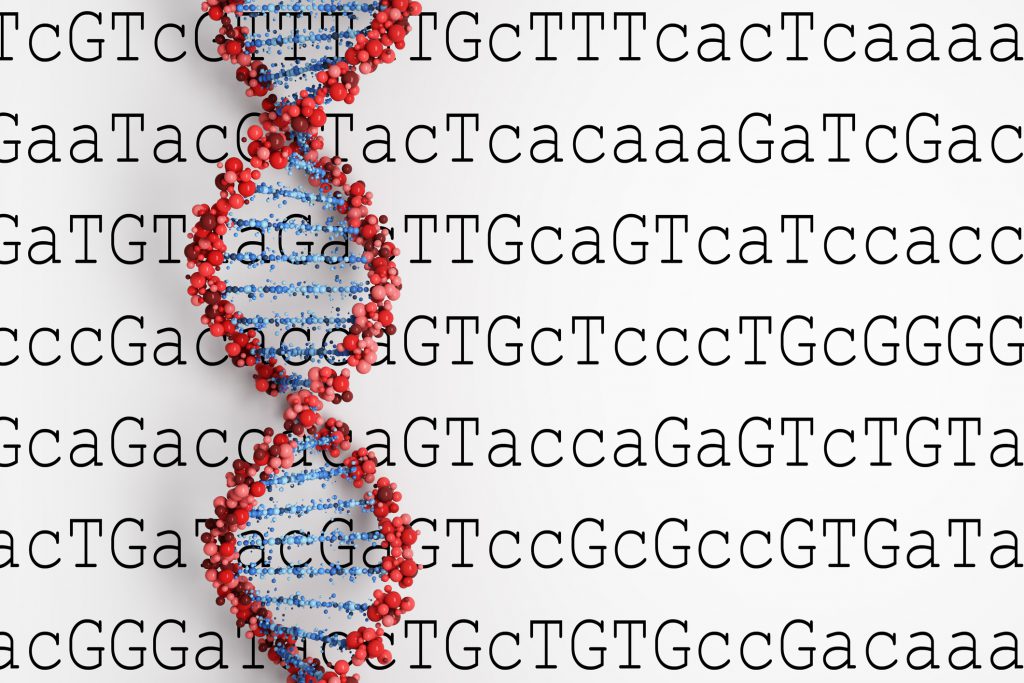The Effect of Parental Education on the Heritability of Children’s Reading Disability

Parental education is a strong predictor of socioeconomic status and children’s educational environment. Nevertheless, some children continue to experience reading failure in spite of high parental education and support for learning to read.
University of Colorado at Boulder psychologists Angela Friend, John C. DeFries and Richard K. Olson examined if genetic and environmental influences on reading disability, the most commonly identified learning disability, interact with level of parental education. In this study, 545 pairs of identical and fraternal twins were selected wherein at least one of the twins in each pair had a reading disability. In addition, the researchers obtained information about the parents’ years of education.
The results, described in Psychological Science, a journal of the Association for Psychological Science, showed that there was a significant interaction between parents’ years of education and the heritability of reading disability. Children whose parents had higher levels of education tended to have stronger genetic influence on their reading disability than children whose parents had lower levels of education. The researchers concluded that on average, poor instruction or lack of reading practice may often be the main influence on reading disabilities in families with low socioeconomic status, while genes may be the main influence on reading disability among children in families with high socioeconomic status and educational support.
This study has important implications not only for future genetic research, but for national education policies as well. The No Child Left Behind Act of 2001 requires that all children reach “grade level” performance on reading and other academic skills by 2014, and assumes that this goal can be met through appropriate education. However, the authors of this study suggest that a more beneficial policy would acknowledge genetic constraints on meeting these standards among some children with reading disability, and honor the functionally important gains they make in reading and other academic skills even if they do not reach grade level.





APS regularly opens certain online articles for discussion on our website. Effective February 2021, you must be a logged-in APS member to post comments. By posting a comment, you agree to our Community Guidelines and the display of your profile information, including your name and affiliation. Any opinions, findings, conclusions, or recommendations present in article comments are those of the writers and do not necessarily reflect the views of APS or the article’s author. For more information, please see our Community Guidelines.
Please login with your APS account to comment.